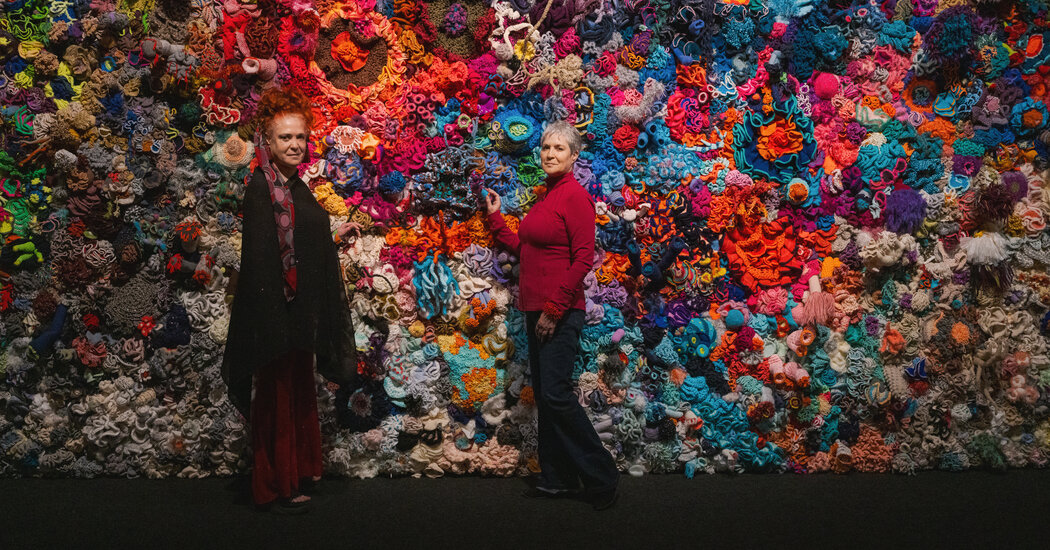In vitro fertilization (IVF) is a fertility treatment that involves combining eggs and sperm outside the body in a laboratory dish.
Are you struggling with infertility? Find out if you're the right candidate for in vitro fertilization (IVF). Explore the factors you need to consider, from age to reproductive health, and make an informed decision to fulfill your dream of starting a family.
Infertility affects millions of couples around the world, making it difficult for them to conceive naturally. Fortunately, advances in medical science have paved the way for assisted reproductive technologies, such as in vitro fertilization (IVF).
Dr Vaishali Sharma, MD(AIIMS) COAG (Harvard), Senior Consultant Gynaecologist, Laparoscopic Surgeon and Infertility Specialist, says, “IVF has revolutionised fertility treatment, offering hope to couples who are struggling to conceive. However, determining the right candidate for IVF requires careful consideration of several factors. In this article, we will explore who is the ideal candidate for IVF and shed light on the key aspects that need to be considered before embarking on this journey.”
Understanding IVF
In vitro fertilization (IVF) is a fertility treatment that involves combining eggs and sperm outside the body in a laboratory dish. “The resulting embryos are then transferred to the uterus, in the hope of achieving a successful pregnancy. IVF is often recommended for individuals or couples facing fertility-related issues such as blocked or damaged fallopian tubes, male factor infertility, ovulation disorders, endometriosis, or unexplained infertility,” adds Dr. Sharma.
People with blocked or damaged fallopian tubes may benefit from IVF as it bypasses the fallopian tubes and offers an effective option for conception. In cases of male infertility, where the man has a low sperm count, poor sperm motility or other sperm-related problems, IVF can be a beneficial solution. Dr Sharma comments, “Women with irregular ovulation or conditions such as polycystic ovary syndrome (PCOS) may opt for IVF to increase their chances of conception. For people with severe endometriosis, a condition that affects the lining of the uterus and reduces fertility, IVF may be considered. Also, where the cause of infertility cannot be identified, IVF may be a suitable option to avoid potential barriers to conception.”
Dr. Sharma shares important considerations
While IVF offers hope to many people, it is essential to evaluate certain factors before deciding whether it is the right path to take. Age is a major factor in IVF success rates. In general, younger women have a higher chance of success with IVF, as the quality and quantity of eggs decline with age. Therefore, it is important to consider age when determining the ideal candidate for IVF.
Reproductive health is another crucial factor to consider. Candidates should undergo a thorough evaluation of their reproductive health, including hormone levels, ovarian reserve, and uterine health. This evaluation helps determine the viability of IVF and the chances of a successful pregnancy. Emotional preparation is also vital, as IVF can be an emotionally and physically demanding process. Candidates should be prepared for the potential ups and downs that come with fertility treatments.
Financial considerations should not be overlooked, as IVF can be an expensive procedure. Candidates should assess their financial situation and determine if they have access to the resources necessary to pursue treatment. Having a strong support system is equally important. The presence of a partner or family members who can provide emotional support and understanding can make a significant difference during the IVF process.
In vitro fertilization (IVF) has opened the doors to couples facing infertility issues, offering a ray of hope and the possibility of starting or expanding a family. However, determining the right candidate for IVF requires careful consideration of several factors, including age, reproductive health, emotional readiness, financial considerations, and the presence of a support system.
Consulting with fertility specialists and undergoing thorough evaluations can help individuals or couples make informed decisions about their fertility treatment options. Remember that each individual's situation is unique and discussing your specific circumstances with a medical professional is essential to determining the best path forward.












